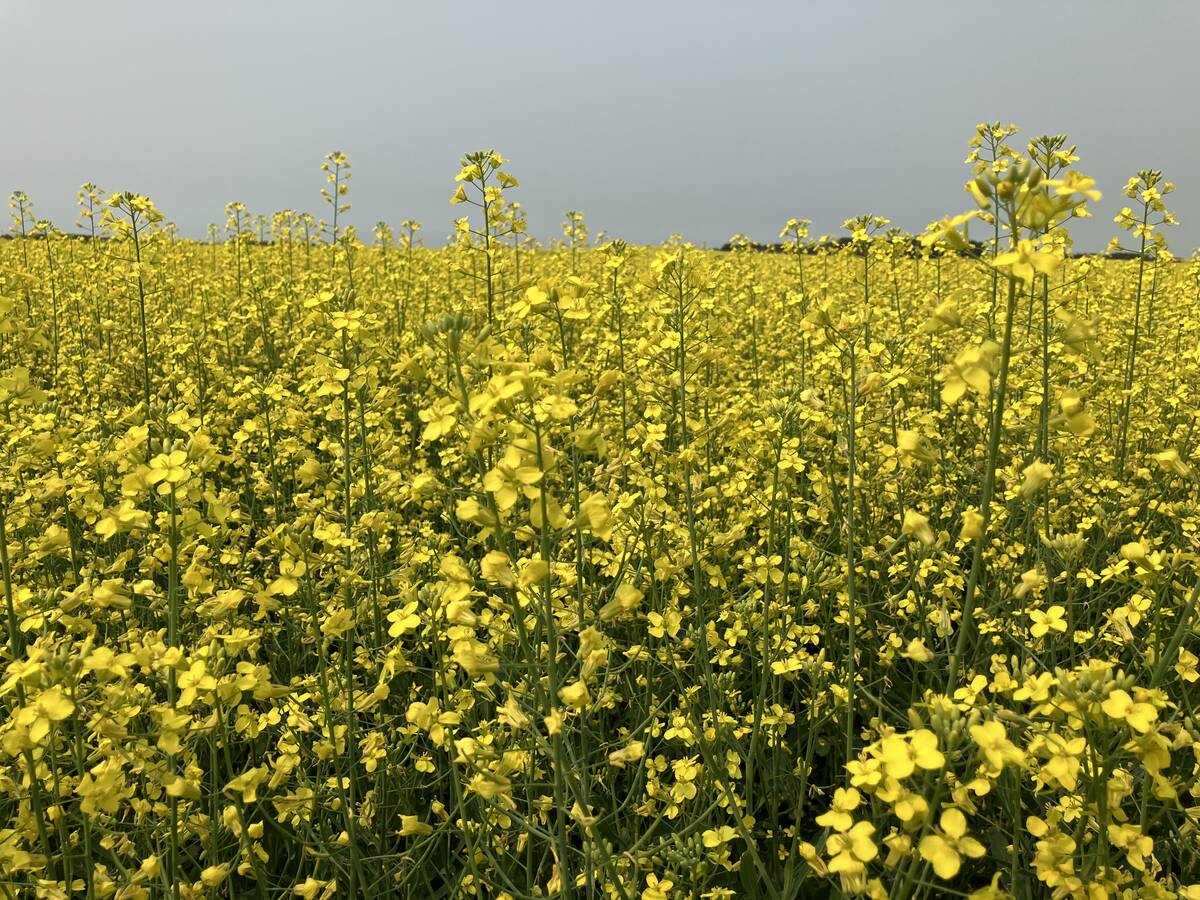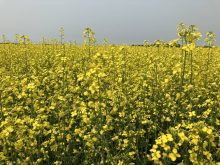Europe isn’t the only market turning its nose up at Canadian flax.
Since Nov. 4, Brazil has been holding and testing all Canadian flax shipments for trace amounts of CDC Triffid, the GM flax variety that shut down trade with Europe in September.
The Flax Council of Canada reports that several containers have tested positive for Triffid and will either be destroyed or returned to the importer for re-export.
Flax importers and exporters will be responsible for all administrative and storage costs associated with the contaminated shipments. Samples can be re-tested by the same Brazilian lab that did the original test at the cost of the importer-exporter.
Read Also

Strong canola exports expected to tighten supply
Canola exports will end up the third strongest in the past 10 years, according to recent Canadian Grain Commission weekly export data.
“Canadian exporters should be aware of the potential risk in exporting to Brazil and that all shipments will be tested upon arrival,” said the council in a Jan. 20 news release.
At the flax portion of Crop Production Week, an official with Bioriginal Food & Science Corp. said Japan found traces of Triffid in Canadian flax shipments a couple of months ago and is now testing all flax seed and oil destined for the food market.
















